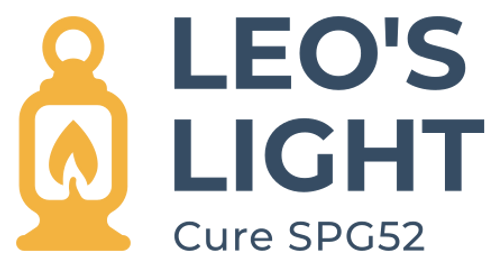Early Genetic Testing: Why It Matters and How to Start
Early genetic testing can end the diagnostic maze, guide the right therapies sooner, and open doors to research access. Major pediatric groups now recommend exome or genome sequencing early for children with developmental delays because it finds answers more often and may be cost-effective when used first.
Signs to watch for
Use this as a prompt to ask your pediatrician about genetic testing:
-
Motor delays: limited head control after 4 months, not sitting by 9 months, not walking by 18 months.
-
Low muscle tone or unusual stiffness.
-
Feeding and swallowing difficulties, ongoing drooling, poor weight gain.
-
Speech delay or regression.
-
Seizures or abnormal movements.
-
Microcephaly or slowed head-growth percentile.
-
Brain MRI findings like polymicrogyria or white-matter differences.
These patterns do not diagnose a condition by themselves. They are good reasons to request a genetics referral and testing discussion. Guidance supports early exome or genome sequencing for global developmental delay and intellectual disability.
Who to ask
-
Your pediatrician: ask for a referral to a medical geneticist and a genetic counselor; bring a one-page timeline of milestones, therapies, and any imaging results.
-
Neurologist or developmental pediatrician: if already involved, request that they order exome or genome sequencing and coordinate insurance coverage.
-
Genetic counselor: can explain test types, consent, secondary findings, and family testing.
Professional guidance from AAP and ACMG supports using exome or genome sequencing early in workups for developmental concerns.
Which tests and labs
Common clinical options your clinician may order:
-
Whole-exome sequencing (WES) or whole-genome sequencing (WGS) for the child, often with both parents to improve interpretation.
-
Reputable clinical labs frequently used in pediatrics include Invitae and GeneDx among others. Both publish billing and assistance details publicly. Your clinician chooses the lab based on panel scope, turnaround time, and insurance.
Paying for testing
-
Insurance with financial assistance: Invitae and GeneDx run assistance programs and ceiling prices for qualifying families. Ask your care team to route through these programs.
-
Sponsored programs: Some tests are covered at low or no cost when a patient meets program criteria. Your clinician or counselor can search active sponsored testing.
-
Research routes: If clinical testing stalls or is unaffordable, the NIH-funded Undiagnosed Diseases Network (UDN) accepts applications and can provide advanced evaluation for selected cases. Applications require a clinician recommendation letter and medical records.
How to start… a simple 7-step plan
-
Book a primary-care visit and request referrals to a medical geneticist and genetic counselor.
-
Bring a one-page summary: pregnancy and birth history, milestones, therapies, MRI reports, growth charts, and a family history tree.
-
Ask for WES or WGS with parental samples when possible. Reference current AAP and ACMG guidance that supports early testing.
-
Ask your clinician to preauthorize insurance and to use a lab’s financial-assistance program if needed.
-
Clarify what results you want reported, including optional secondary findings.
-
Plan next steps for variants of uncertain significance and periodic reanalysis.
-
If testing is denied or results are inconclusive, consider UDN or other research studies and ask your care team to help with the application.
Helpful information for parents
-
Timing matters: Earlier results can change therapy plans, qualify you for services, and identify clinical trials sooner.
-
Consent and privacy: Ask how your data are stored, who can access raw data, and whether future reanalysis is included.
-
Family testing: Sometimes parents or siblings are tested to interpret a child’s result; ask about costs before samples are drawn.
-
Keep a binder: store referrals, lab requisitions, EOBs, consent forms, and a running question list.
-
Coordinate services: Share results with therapists, early-intervention programs, and school teams to tailor supports.
-
Revisit over time: New science can reclassify today’s uncertain variants; schedule periodic reanalysis.
Script for your appointment
“Given the developmental delays and MRI findings, I would like a referral to medical genetics and a genetic counselor, and I would like to discuss whole-exome or whole-genome sequencing. Current AAP and ACMG guidance supports early use of these tests in children with global developmental delay and intellectual disability. Can we also explore financial assistance or sponsored testing if insurance is limited?”
